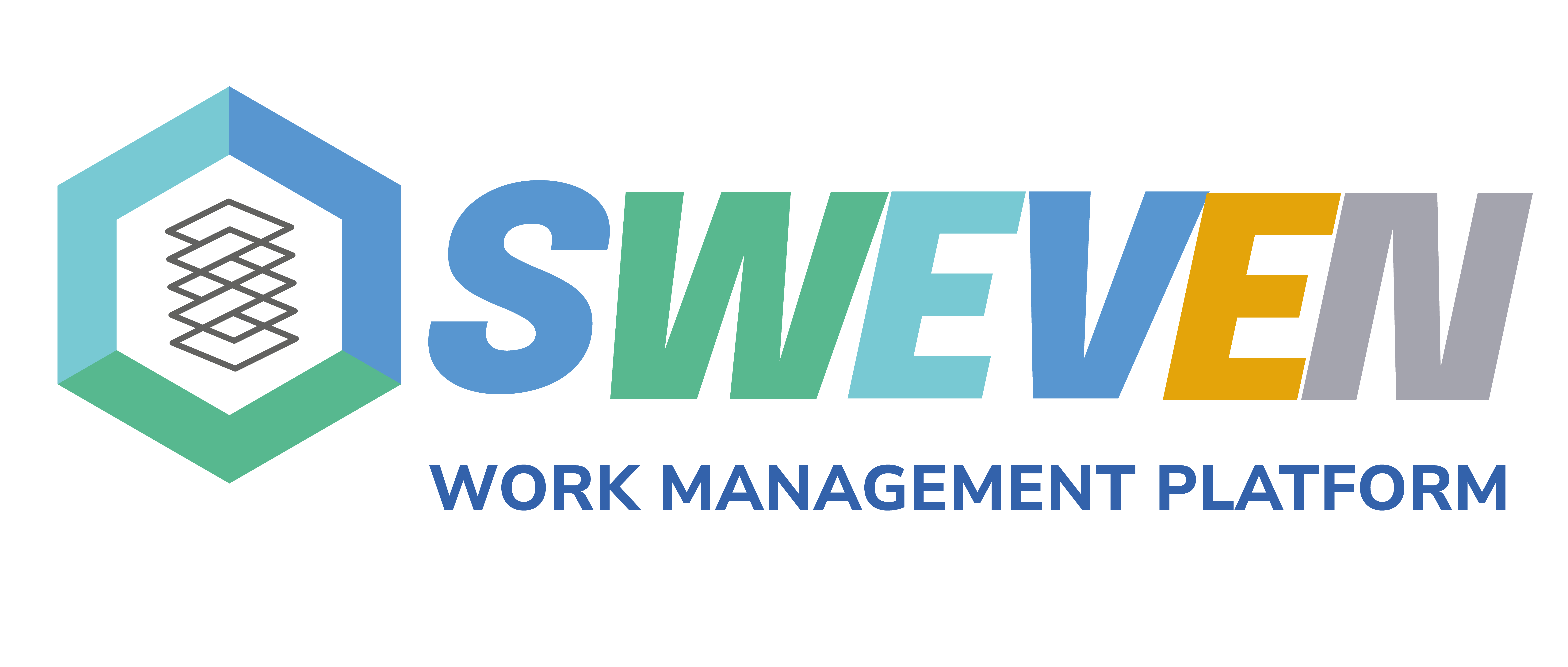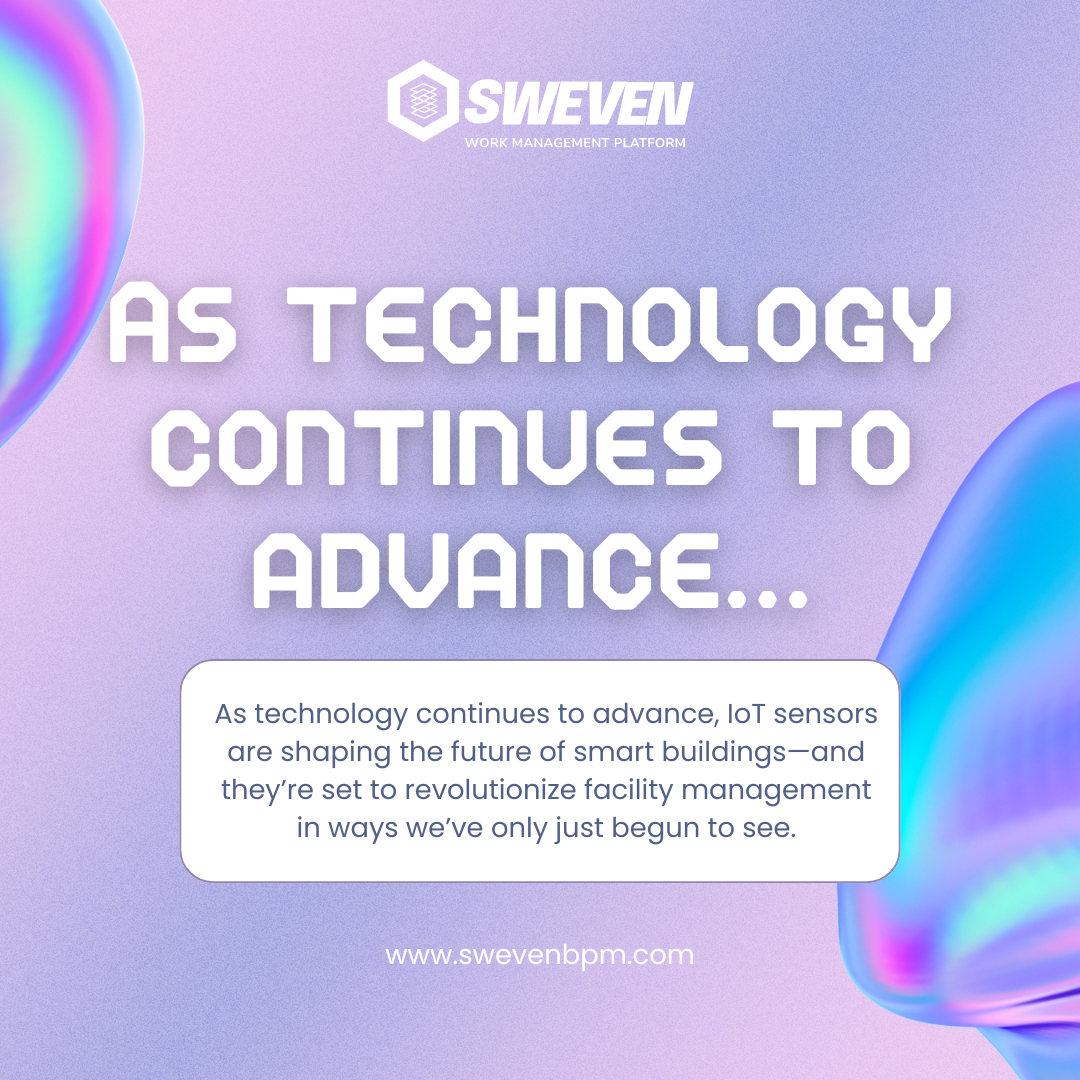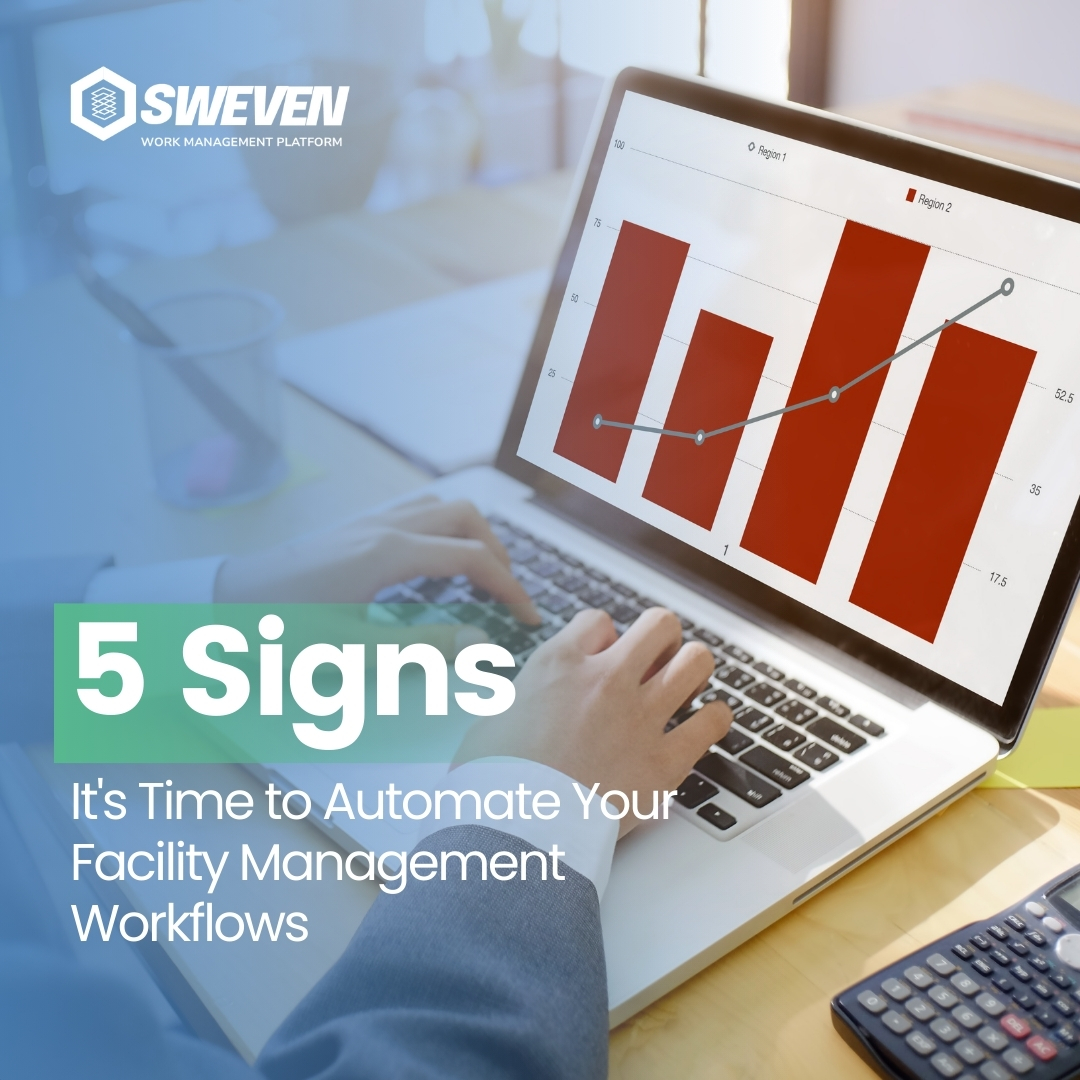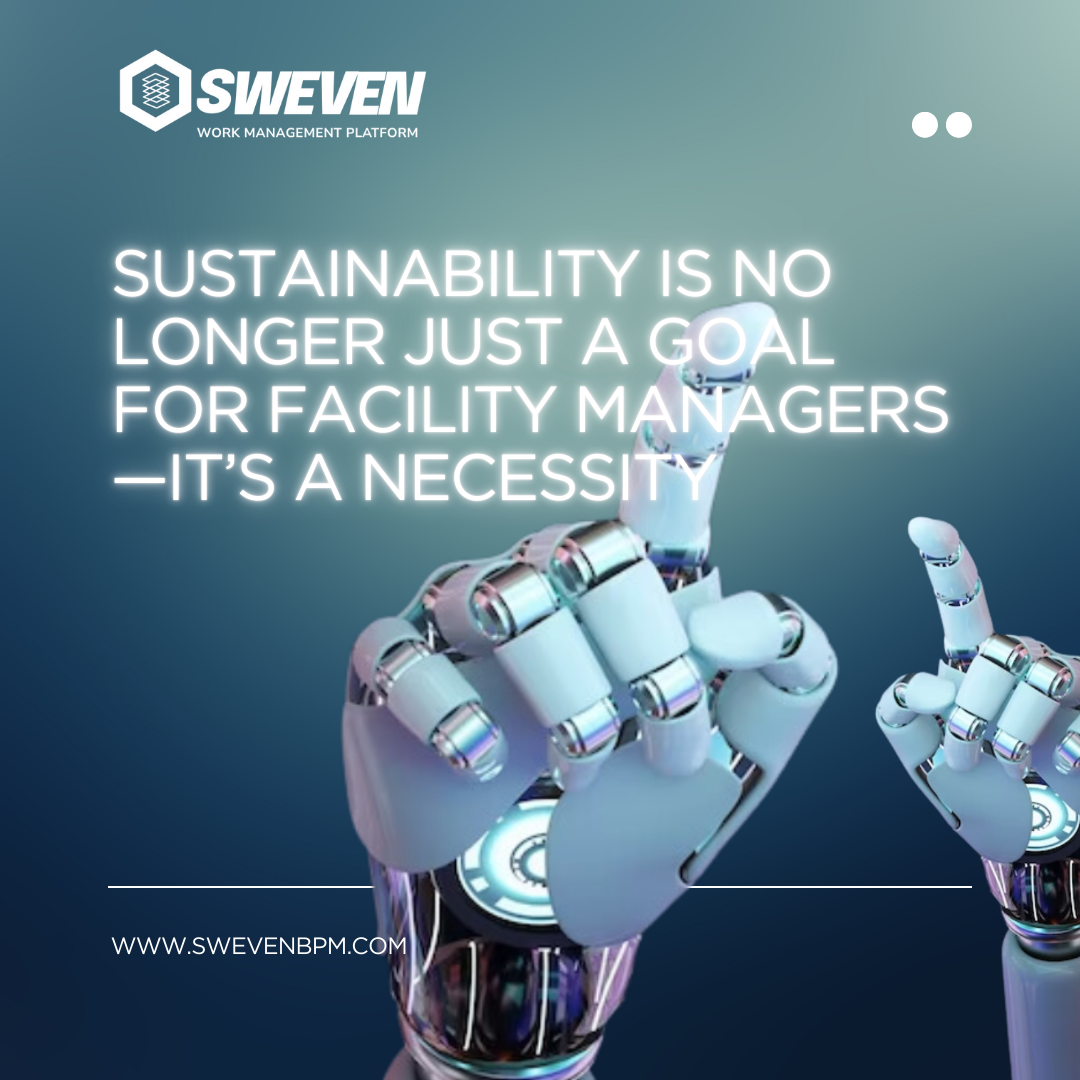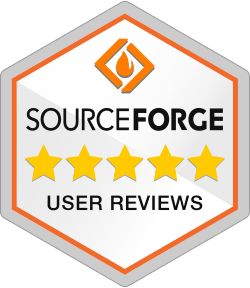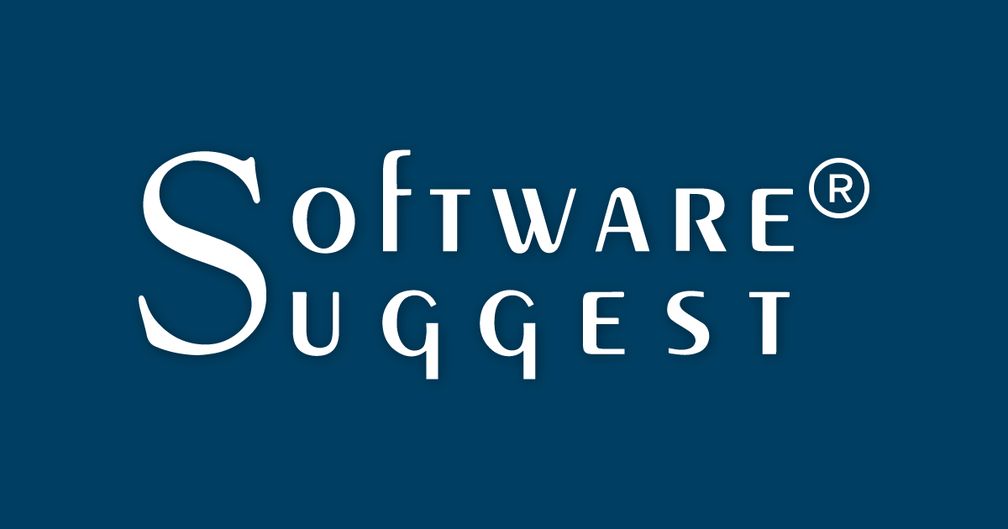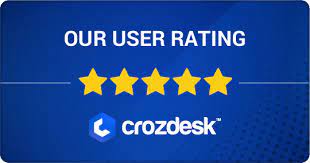Facilities management plays a pivotal role in ensuring the seamless operation of commercial and residential spaces. In today’s fast-paced world, the expectations for facility management have evolved, demanding greater efficiency, sustainability, and cost-effectiveness. To meet these demands, the integration of smart technologies has become not just an option but a necessity. This blog explores the compelling reasons why smart technologies are indispensable in modern facilities management.
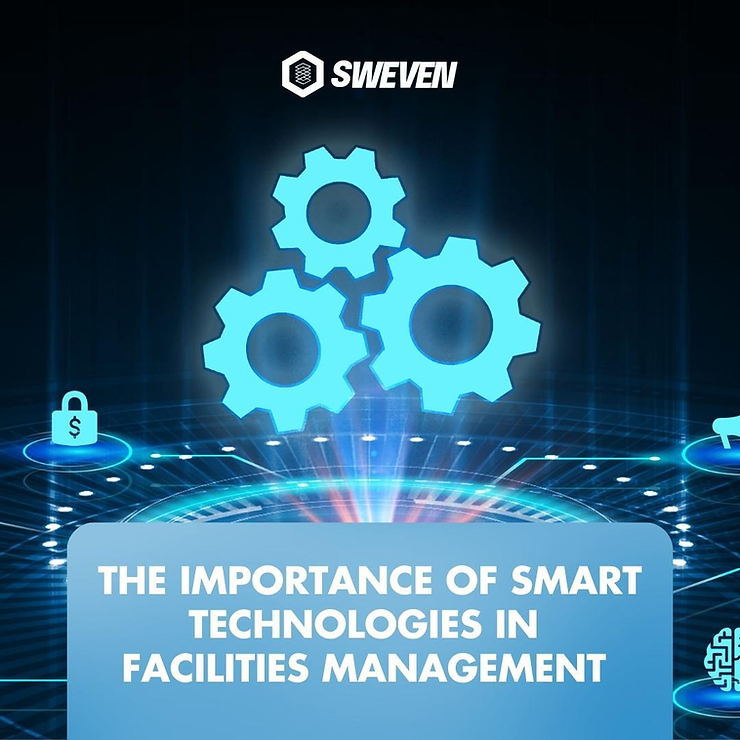
Enhanced Efficiency
One of the primary advantages of integrating smart technologies in facilities management is the significant enhancement in efficiency. Smart systems can automate various tasks, such as heating and cooling, lighting control, and security monitoring, which were traditionally managed manually. For instance, a smart building management system can regulate HVAC (Heating, Ventilation, and Air Conditioning) systems based on real-time occupancy data, leading to energy savings and improved comfort for occupants.
Real-time Data and Analytics
Smart technologies provide facility managers with access to real-time data and analytics. This data is invaluable for making informed decisions about space utilization, maintenance scheduling, and resource allocation. For example, IoT (Internet of Things) sensors can monitor equipment performance, enabling predictive maintenance to prevent costly breakdowns and reduce downtime.
Energy Efficiency and Sustainability
The global push towards sustainability makes energy efficiency a paramount concern for facilities management. Smart technologies can help reduce energy consumption by optimizing lighting, HVAC, and other systems based on occupancy and usage patterns. By reducing energy waste, organizations can lower operational costs and decrease their environmental footprint.
Improved Security
Security is a top priority in facilities management, and smart technologies play a vital role in enhancing it. Smart access control systems, surveillance cameras, and sensors can monitor and respond to security breaches in real-time. Furthermore, AI-powered analytics can identify suspicious activities and alert security personnel, reducing response times and improving overall safety.
Cost Savings
Smart technologies can lead to significant cost savings in facilities management. By automating routine tasks, optimizing resource allocation, and reducing energy consumption, organizations can reduce operational expenses. Additionally, predictive maintenance can extend the lifespan of equipment and prevent costly emergency repairs.
Enhanced User Experience
Smart technologies can greatly enhance the user experience for occupants and visitors. Automated systems can provide personalized settings for lighting, temperature, and even room layouts, creating a comfortable and welcoming environment. Improved user experience can lead to higher tenant satisfaction and retention rates.
Remote Monitoring and Management
The ability to monitor and manage facilities remotely is a game-changer for modern facility managers. Smart technologies allow them to access real-time data, control systems, and address issues without being physically present on-site. This remote management capability is especially valuable for multi-site operations and during times of crisis, such as the COVID-19 pandemic.
Future-Proofing
As technology continues to advance at a rapid pace, investing in smart technologies is a way to future-proof facilities. Upgradable and scalable systems ensure that facilities can adapt to evolving needs and take advantage of new technological developments without the need for a complete overhaul.
–
In an era where efficiency, sustainability, and cost-effectiveness are paramount, smart technologies have become indispensable in facilities management. These technologies enhance efficiency, provide real-time data and analytics, improve security, and offer substantial cost savings. Moreover, they contribute to a superior user experience and future-proof facilities. As we continue to embrace the benefits of smart technologies, the role of facilities management will evolve to meet the ever-changing needs of our modern world. By investing in smart technologies today, organizations can ensure they are well-positioned to thrive in the future.
